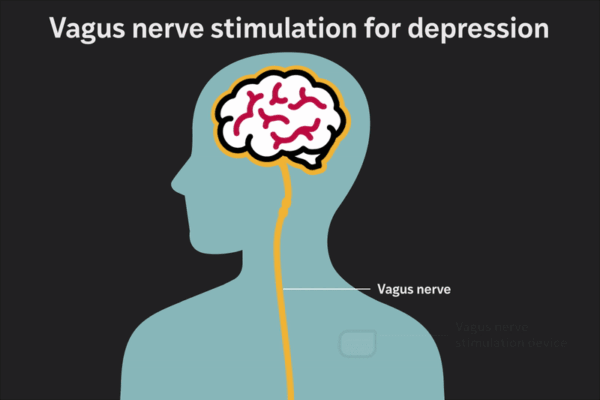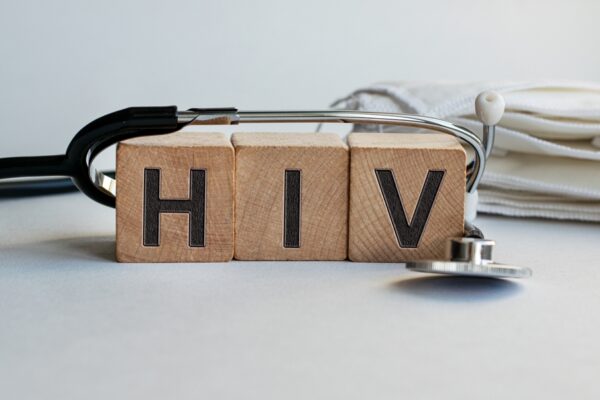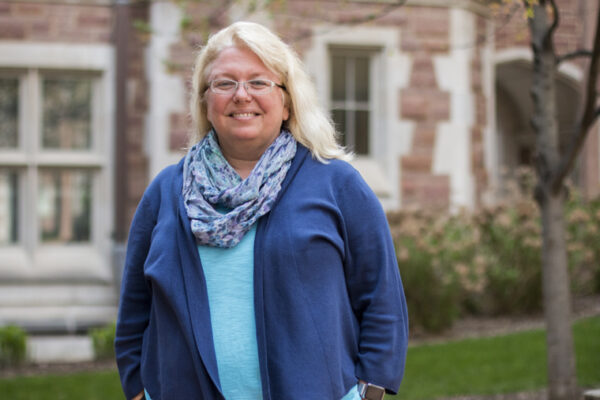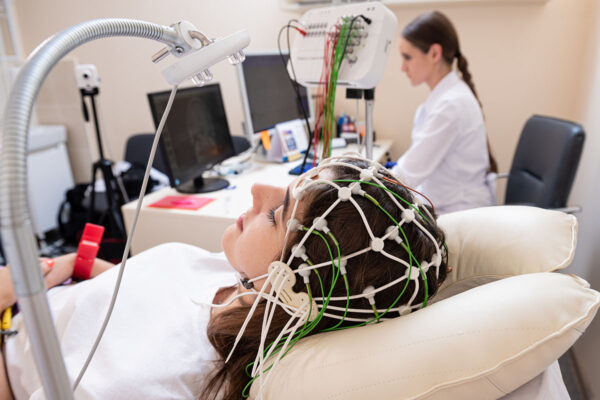How feelings of neighborhood safety may shape young minds
Research from WashU psychologists finds perception of neighborhood safety affects brain development.
Implant provides lasting relief for treatment-resistant depression
In a new study, WashU Medicine researchers show that vagus nerve stimulation provides substantial, long-lasting relief to some people with the most severe treatment-resistant depression.
Call your pop-pop: Unlocking conversations between generations
Grandparents are engaging with their grandchildren far more than previous generations, researchers at Washington University in St. Louis have found. They surveyed grandparents to understand the quality and quantity of their conversations with grandchildren.
Researcher wins $5M NIH grant to improve mental health care for HIV patients
Proscovia Nabunya, at the Brown School at Washington University in St. Louis, has received a $5 million grant from the National Institute of Mental Health toward efforts to streamline mental health treatment and HIV medication support for adolescents living with HIV in rural Uganda.
Social conflict among strongest predictors of teen mental health concerns
A new study by WashU researchers showed that family fights and peer bullying outweighed other risk factors for depression and other mental health problems, with adolescent girls suffering more than boys.
Barch earns lifetime achievement award from psychology group
Researcher Deanna Barch, a professor at WashU, has received a lifetime achievement award from the Association for Psychological Science.
Personalized brain modeling of anesthetic effects to predict antidepressant response
Neuroscientists, clinicians and engineers at Washington University in St. Louis seek to develop personalized medicine strategies for refractory depression that would tailor drug dosage based on a patient’s age, genetics, health conditions, brain dynamics and neural circuits.
Americans favor voluntary mental health care amid federal push for forced treatment
A WashU public health researcher finds that there is bipartisan backing for crisis hotlines, walk-in centers and peer support — diverging from federal policies expanding forced treatment.
Brown School training program funding renewed, continues decades of work
A Brown School training program that helps educate and support mental health research and scholars has received a grant extension from the National Institutes of Health (NIH). When it’s complete, it will mark 35 years of continual funding.
Lessons from the pandemic: Distress puts limits on compassion
Psychology researchers at Washington University in St. Louis studied how pandemic stresses affected decision-making in different age groups — findings with implications for public health messaging.
Older Stories









